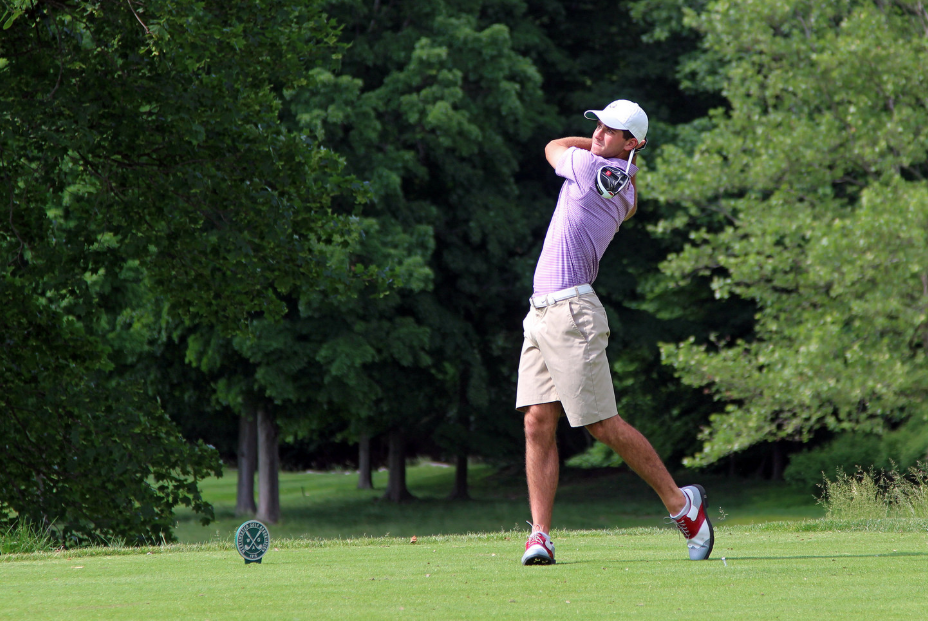
Scholar Spotlight: Monica Hughes

M O N I CA H U G H E S
Mahopac, inside/outside operations | University of New Hampshire | Class of 2020
Monica Hughes, a junior at the University of New Hampshire, has spent many summers as part of the team at Mahopac Golf Club, where her father is the head golf professional. Monica has held positions in the pro shop, cart barn and the beverage cart. She is a double major in psychology and international affairs and is pursuing a minor in Arabic and Middle Eastern Studies. In addition, she is also part of the Shotgun Shooting team.
Through her studies, Monica has been working hard towards a career with the FBI. She wants to make a difference by ridding terrorists and those that inflict pain and danger on others. Monica has been doing intensive research on refugees and trying to understand their lives and what they have been put through. This current semester she is working on her senior year research on Yazidi refugees by partaking in an independent study with her professor. In the spring, she will be taking a semester abroad, to continue her studies in Florence, Italy.

Monica’s Certificate of Appreciation from the International Institute of New England in recognition of her studies.
Q: What is your current major? What made you pursue your academic studies in this major?
I am a dual Major in International Affairs and Psychology. My dream is to be in the FBI, which is why I’ve picked both of these majors. International affairs to help me understand the diversity, laws, and politics around the world and psychology to understand why those individuals may think the way they do.
Q: If caddying / working at a golf club has taught you anything, what would it be?
I think I have always been respectful, but working at a country club is a privilege because you are among people who have made something of themselves and are able to join a golf club. If anything, the experience has given me more respect for the members themselves.
Q: If you were to give back to the community, how would you do so?
If I were to give back to the community, I would love to help educate kids on some of the current events going on and raise money for indigenous people in America and throughout the world that are going through hardships, specifically induced PTSD from terror groups.
Q: What interested you in being a translator/case manager for refugees? What did the tasks consist of?
I would love to be able to serve my country in the FBI but with this, I believe you also need to be educated on the victims that are qualified to flee the country. Working for refugees, one, made me grateful for the life I have in America. Two, it was eye opening on the consequences that such militia and terrorist groups can put individuals through based on religions, looks, age, and gender.
I study Arabic at University of New Hampshire and being able to use it with refugees was a great opportunity, as well as being able to pick up on other languages such as Swahili, Rohingya, and Napali. So before I can do research on those that are terrorizing and causing violence in countries, I think it’s important to understand as much about the people they are attacking and their beliefs, language, and morals which has a lot to do with why many groups do attack others and we have civil wars and attacks happening throughout the world.


